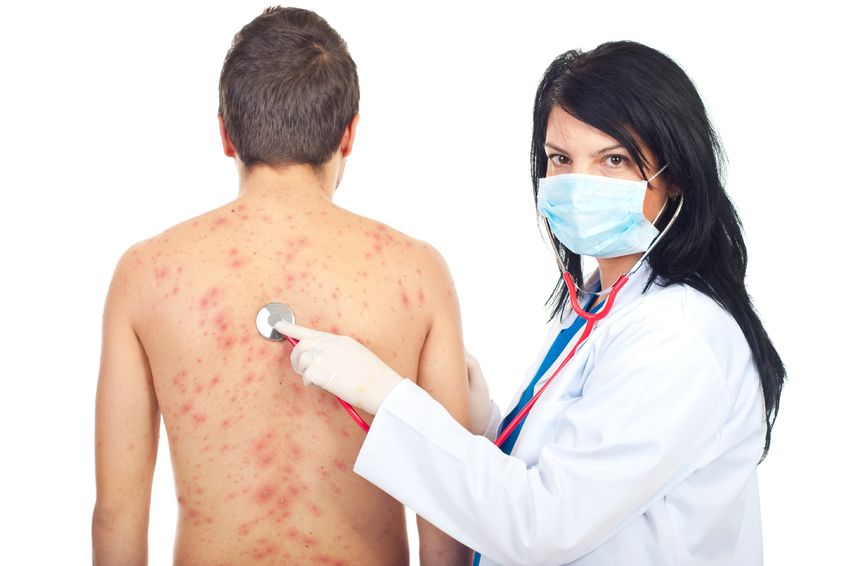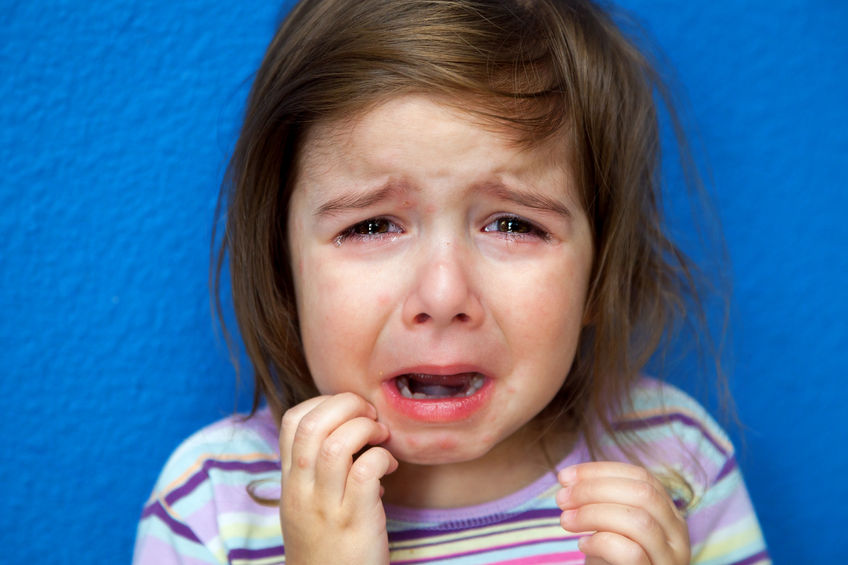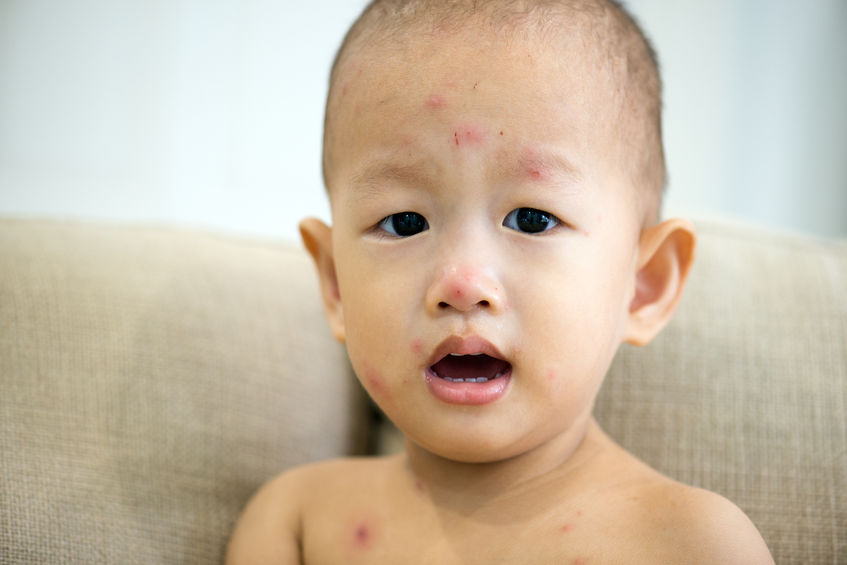The Infectious Chicken Pox
One common medical condition faced by people all over the world is varicella, better known as chickenpox. A person can only suffer from this highly infectious disease once. The condition leaves itchy bumps on the skin, known as pox, that may causediscomfort. It is sometimes accompanied by a feeling of tiredness and fever, and lasts a week or two. However, it is relatively safe compared to the other highly contagious and more deadly disease, the smallpox.

Dangerous to adults
It is pretty well-known that one should contract chickenpox as a child and not in adulthood. In fact, many parents deliberately expose their young children to this disease, which is easily spread through the air as well as through direct contact with the fluids from the pox.
This is because, like most viral diseases, chickenpox is more severe in adults. Teens and adults who contracted the disease may also develop pneumonia and skin infection that requireshospitalisation. Moreover, those with weaker immune systems such as infants and the elderly can develop serious complications including joint inflammation and inflammation of the brain.
Pregnant women are at even higher risk, as the disease can be transmitted to the unborn child, bringing about birth defects or even fetaldeath.
Long Term Risk
While you can only get chickenpox once, those who have caught it in the past may be at risk of shingles – where a painful, blister-like rash forms on the face or body. This condition can take up to four weeks to clear up, during which they may also feel pain, itching and tingling, or suffer from fevers, headaches and stomach discomfort.
Shingles is caused by the reactivation of the same virus that causes chicken pox. While rare, the condition can spread to anyone who have had chickenpox. Left untreated, shingles may lead to a condition known as postherpetic neuralgia, which is a lingering pain in the nerve.

Vaccination for Prevention and Treatment

Those who already have chickenpox can be treated depending on the severity of the condition. In most children, treatment is aimed at managing the symptoms such as fever and headaches, allowing the body’s immune system to overcome the virus. For those with weaker immune systems or adults, anti-viral medications like acyclovir can weaken the disease to help them recover quicker. The itching skin can be soothed by wearing light and soft clothing, and taking lukewarm baths.
While chickenpox was all part and parcel of life in the past, today there are vaccines for the condition. Parents can get their children protected against it, while adults who have never had chickenpox can be vaccinated against it to prevent complications. In fact, it is beneficial for everyone to be vaccinated, as those who have not have chickenpox would not have to worry about getting or spreading this disease, while those formerly infected can avoid the risk of shingles.
If you are worried about getting chickenpox or want to treat the condition, visit our Health Screening Centres. Our doctors can carry out assessment to determine the treatment or vaccination that isbest for you or your loved ones. We offer the right prescriptionto prevent the condition from spreading to your family and friends.





